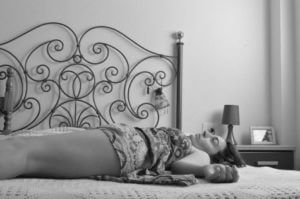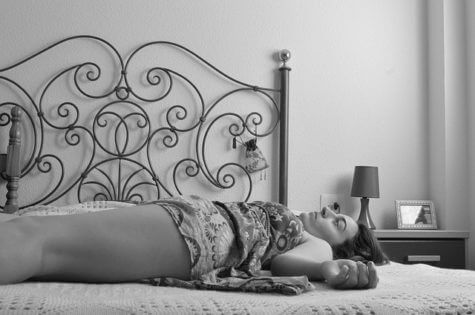PHILADELPHIA — It sounds counterproductive, but staying up all night might actually help you chase feelings of depression away, according to a new study.
Researchers at the University of Pennsylvania conducted a meta-analysis on the antidepressant effect of sleep deprivation — the first of such research in 30 years — and found that for about half of the depressed adults reviewed, the method was effective in relieving them of their symptoms, at least in a controlled, inpatient setting.

In the analysis, partial sleep deprivation, defined as a three to four-hour nap followed by forced wakefulness for 20 to 21 hours, was just as effective in this case as total sleep deprivation –being awake for 36 hours straight. Medication seemed to have no effect on these results.
“More than 30 years since the discovery of the antidepressant effects of sleep deprivation, we still do not have an effective grasp on precisely how effective the treatment is and how to achieve the best clinical results,” says study senior author Philip Gehrman, an associate professor of psychiatry, in a university release. “Our analysis precisely reports how effective sleep deprivation is and in which populations it should be administered.”
Gehrman and his team used data from 66 studies over a 36-year window to determine whether partial or total sleep deprivation was effective on various patients, finding it useful across multiple populations.
“These studies in our analysis show that sleep deprivation is effective for many populations,” adds lead author Elaine Boland, a clinical associate and research psychologist at the Cpl. Michael J. Crescenz VA Medical Center. “Regardless of how the response was quantified, how the sleep deprivation was delivered, or the type of depression the subject was experiencing, we found a nearly equivalent response rate.”
Further analysis of how sleep deprivation works to combat depressive symptoms and episodes needs to be done, but the initial results are encouraging.
Most people in the United States diagnosed with depression are prescribed antidepressant medication. In fact, in 2013, 16.7% of American adults filled at least one prescription for antidepressants. With continued research, sleep deprivation therapy could be just as effective.
The full study was published in the Journal of Clinical Psychiatry.

Comments
Comments are closed.